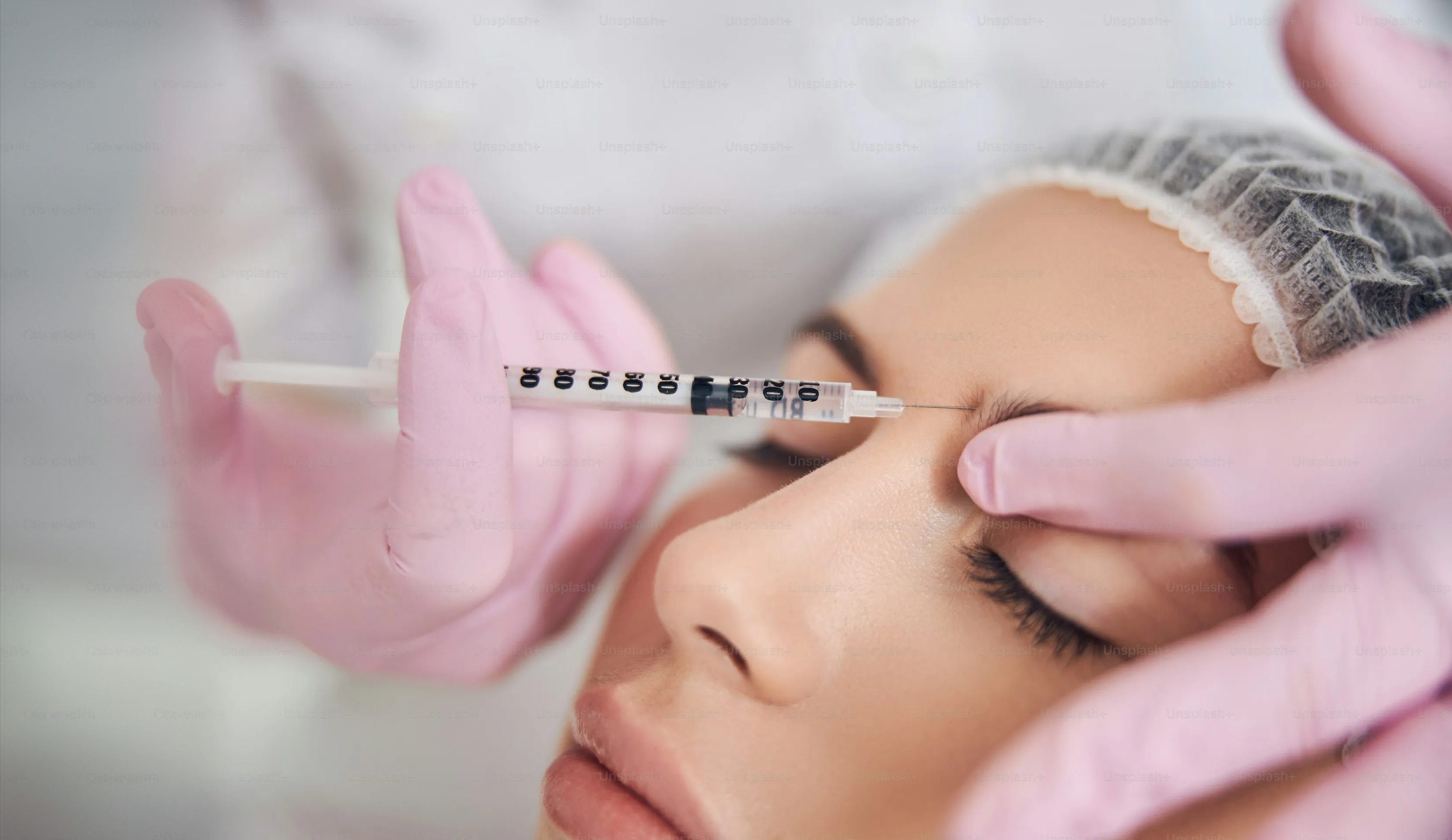Eczema
Soothe and Manage Chronic Dry, Itchy, and Inflamed Skin

What is Eczema?
Eczema, also known as atopic dermatitis, is a chronic inflammatory skin condition characterized by dryness, intense itching, redness, and sometimes oozing or cracking of the skin. It commonly appears on the face, hands, elbows, behind the knees, and scalp. Eczema tends to flare up periodically and is influenced by genetic, environmental, and immune factors.

Treatment Options
Treatment Options for Acne

Laser Treatment
Advanced laser therapy for precise skin treatment and rejuvenation with minimal downtime and maximum results.

Chemical Peels
Professional chemical peel treatments to exfoliate and revitalize your skin for a fresh, youthful appearance.

Topical Medications
Prescription-grade topical solutions customized for your specific skin condition and treatment needs.

Who is Prone to Eczema?
Eczema often begins in infancy or childhood but can occur at any age. Individuals with a personal or family history of asthma, allergies, or hay fever are more likely to develop eczema. It’s also more common in people with dry or sensitive skin.
Treatment Flow
01
Diagnosis & History
Dermatologist assesses pattern, triggers, and skin type based on symptoms and family history.
02
Medication Plan
Topical or systemic medications are prescribed depending on severity and flare frequency.
03
Skincare Routine Guidance
Moisturizers, cleansers, and protective measures are recommended for daily maintenance.
04
Follow-up & Flare Management
Review and adjust treatment over time to prevent recurrence and manage stress-related flares.

Expected Results & Recovery
Visible improvement in redness and itching within a week.
Skin barrier strengthens with consistent moisturization.
Flare-ups reduce significantly with proper lifestyle and medication adherence.
Got Questions?We've Got Answers
Everything you need to know about donating, eligibility, and how The Blood App works. Can't find the answer you're looking for? Chat with our support team — we're here to help.
No, eczema is not contagious and cannot spread through physical contact.
Eczema is a chronic condition, but with proper care and treatment, symptoms can be well-managed and flare-ups minimized.
In some individuals, foods like dairy, nuts, or gluten may trigger flares. An elimination diet or allergy testing can help identify triggers.
Mild cases may benefit from OTC moisturizers or hydrocortisone creams, but a dermatologist should assess moderate to severe eczema.
Yes, stress is a known trigger for eczema flares. Stress management can be part of eczema treatment.

Start Your Personalized Skincare Plan
At ClairéDerma, we believe that healthy, radiant skinis the foundation of confidence and well-being. Ledby Dr. Mohna Chauhan, our clinic offers personalized dermatological care tailored to each patient's unique needs. With over a decade ofexperience and more than 3000 successfully treated patients,